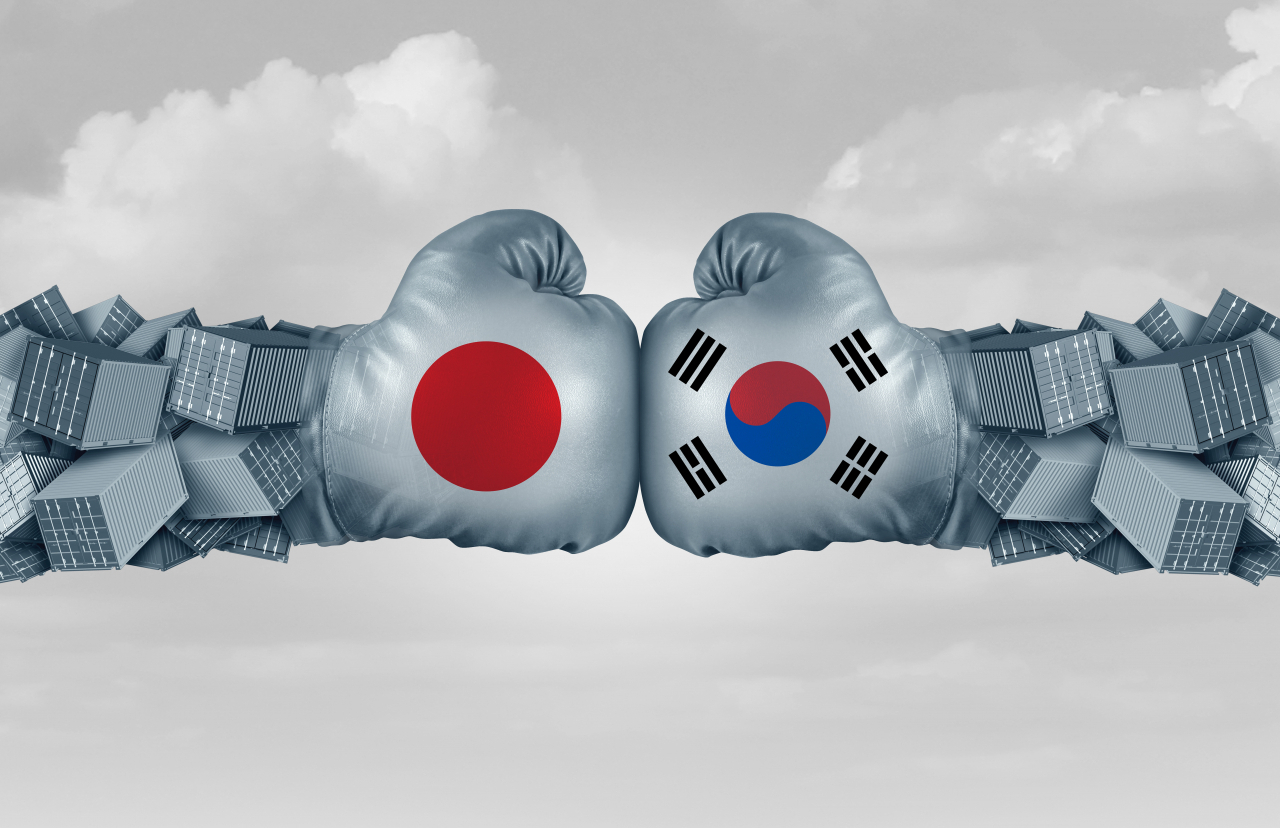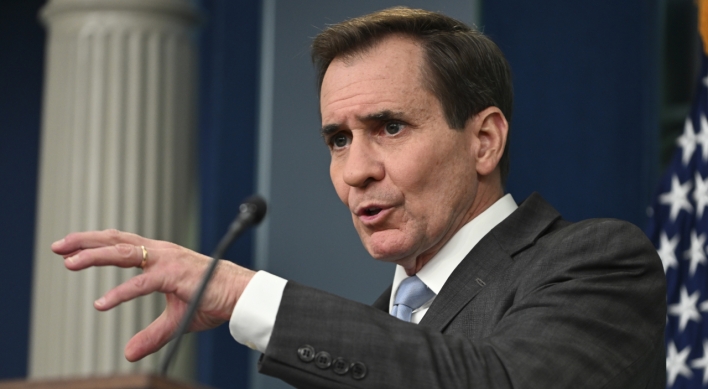Seoul-Tokyo tensions heat up again over Dokdo report
By Choi Si-youngPublished : April 11, 2023 - 15:50

South Korea on Tuesday strongly denounced Japan’s latest claims to the Dokdo islets, calling in Tokyo’s deputy envoy in Seoul, as tensions reignite ahead of a potential summit to be held on the sidelines of the Group of Seven meeting in Japan in May.
“The Japanese blue book is repeating its unreasonable claims to Dokdo -- the islets that clearly belong to us, historically, geographically and legally speaking,” the Foreign Ministry in Seoul said in a statement, referring to an annual foreign policy review issued in April. The book has endorsed such claims to Dokdo over the last five years.
The Korean government, Seoul’s Foreign Ministry added, would fight off “any and all such reasonable claims” to follow, delivering the complaint in person by summoning Naoki Kumagai, deputy chief of mission at the Japanese Embassy.
The latest flare-up in tensions comes at a time when Seoul is seeking to move past a historical dispute over Tokyo’s wartime forced labor during World War II that left Korean victims without a due apology and compensation for the rights abuses.
In a show of good faith, the Yoon Suk Yeol administration revealed a March 6 decision that skips an official apology and direct compensation from the Japanese companies found liable for damages in a 2018 Korean court ruling.
Since March, Seoul has been waiting for Tokyo to roll out what it says is a “sincere response” to the March initiative, which would involve the Japanese firms contributing to either a Korean fund going to the victims or a Korea-Japan fund meant to be used for younger Koreans as a symbol of reconciliation. Neither has taken place, with Japan showing little sign that the status quo could change.
Japan maintains a 1965 agreement that normalized bilateral ties following Seoul’s 1945 independence from Tokyo had resolved the issue. The Japanese blue book, revealed Tuesday, essentially reaffirms this position, because it does not specifically address “upholding Japan’s previous stance on its 1910-45 rule of the Korean Peninsula.”
That stance is often reduced to the 1998 Seoul-Tokyo declaration, which discusses Japan’s “genuine reflection on its wartime past and sincere apology for it.” Korea has indicated that reiterating the apology could replace issuing a separate formal apology for the Korean labor victims.
Lim Soo-suk, the spokesperson for Seoul’s Foreign Ministry, urged Tokyo to reaffirm its commitment to the 1998 apology. Meanwhile, a senior Foreign Ministry official expressed regrets over the fact the Japan tries to water down its wartime abuses in its latest foreign policy review, calling out Japan for its claims “that make no sense.”
Despite the flare-up in tensions, the potential May summit to take place on the sidelines of the Group of Seven meeting is expected to bring the two neighbors closer as they bolster efforts to fight off growing nuclear threats from North Korea. Deeper cooperation over “common interests” is a priority, according to the Yoon administration.





![[Music in drama] Rekindle a love that slipped through your fingers](http://res.heraldm.com/phpwas/restmb_idxmake.php?idx=644&simg=/content/image/2024/05/01/20240501050484_0.jpg&u=20240501151646)




![[New faces of Assembly] Architect behind ‘audacious initiative’ believes in denuclearized North Korea](http://res.heraldm.com/phpwas/restmb_idxmake.php?idx=644&simg=/content/image/2024/05/01/20240501050627_0.jpg&u=20240502093000)








![[Today’s K-pop] Stray Kids go gold in US with ‘Maniac’](http://res.heraldm.com/phpwas/restmb_idxmake.php?idx=642&simg=/content/image/2024/05/02/20240502050771_0.jpg&u=)